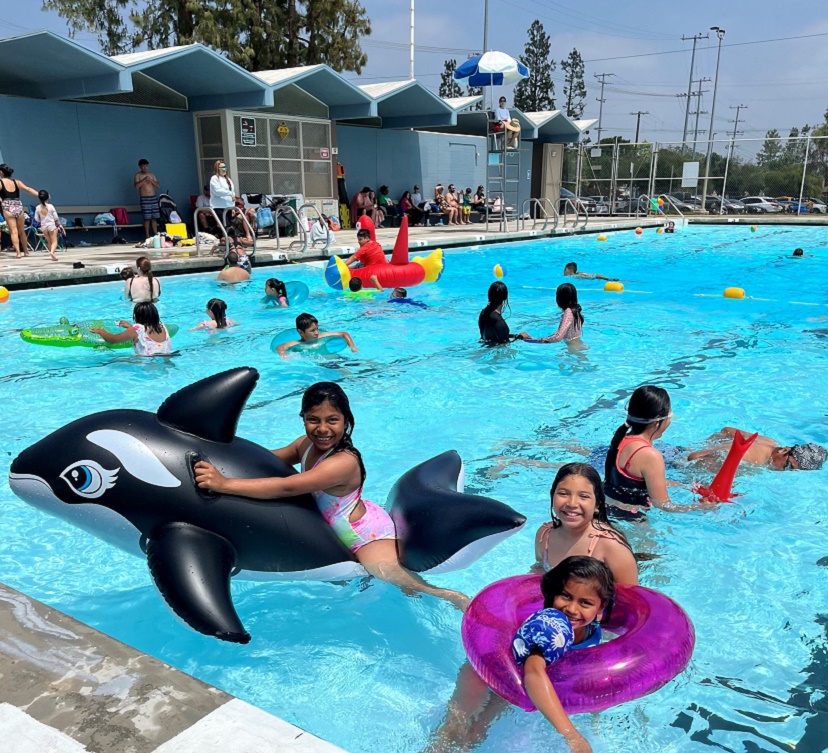
Summer brings Pasadena families to pools, lakes and water parks, but these fun activities carry serious risks. Pediatrician Dr. Dan Bui with Pasadena-based Kaiser Permanente Southern California shares essential safety tips to keep families safe around water.
Vigilance is Everything
“The most important thing parents need to understand is that drowning happens quickly and quietly,” says Dr. Bui. “It’s not like what you see in movies – there’s often no splashing or calling for help. Children can drown in less than two inches of water and in less than 60 seconds.”
Know the Risk Factors
Drowning is the leading cause of death for children ages 1 to 4, and the second leading cause for children ages 5 to 14. “Many parents don’t realize that drowning can occur even when lifeguards are present,” Dr. Bui explains. “Designated water watchers – adults who take turns being completely focused on watching the water – are essential.”
Common drowning risk factors include:
• Lack of swimming ability.
• Missing or inadequate pool barriers.
• Lack of close supervision.
• Use of alcohol or drugs by supervisors.
• Medical conditions like seizure disorders.
Swimming Skills Save Lives
Swimming lessons significantly reduce drowning risks. Lessons are recommended around age 4, but every child develops differently. The key is finding qualified instructors who teach both swimming skills and water safety. Dr. Bui added that swimming ability doesn’t eliminate risk. “Even strong swimmers can get into trouble,” he said, “Teaching children to always swim with a buddy and to ask permission before entering water are crucial safety habits.”
Emergency Preparedness
“Every adult who supervises children around water should know CPR,” stressed Dr. Bui. “In drowning situations, brain damage can occur within minutes. Quick action saves lives.” It’s important to keep rescue equipment nearby. Pool hooks, life rings and flotation devices should be easily accessible. However, it’s important to remember that these are tools for trained rescuers, not substitutes for proper supervision.
Take Action:
• Enroll children in swimming lessons with qualified instructors.
• Learn CPR and water rescue techniques.
• Install proper barriers around pools.
• Designate a responsible “water watcher” during activities.
• Keep rescue equipment easily accessible.
• Never leave children unattended around water.
To learn more about pediatric care or to schedule an appointment with a Kaiser Permanente pediatrician, members may visit kp.org or call 1-833-574-2273.





